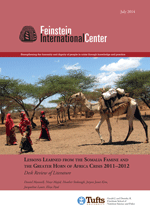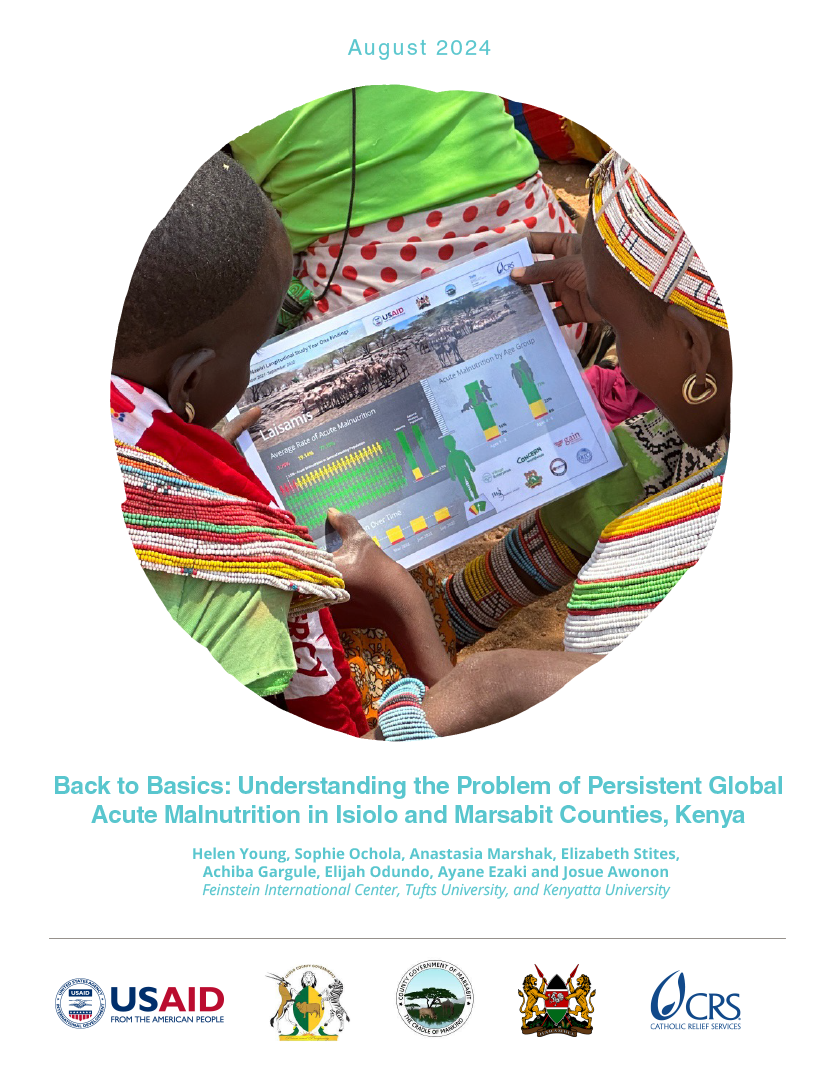On July 20, 2011, the UN declared a famine in South Central Somalia, which killed some 260,000 people (Checchi and Robinson 2013). Though Somalia was the worst affected country, the crisis was region-wide in its impact. This Desk Review covers the contents of some 180 documents on the crisis that were reviewed in detail, out of a total of over 500 documents initially screened. These include reports, evaluations, assessments, and in some cases, peer-reviewed journal articles and books. Topics covered in the Review include: the history and political economy of aid; political constraints, access and humanitarian space; early warning and response; the impact of the famine; the humanitarian response; community and diaspora responses; emerging or non-traditional humanitarian actors; the role of Al-Shabaab and the post-crisis policy agenda; and resilience. The weighting of this review is generally towards Somalia, given the severity of the crisis there, and the overall level of funding for the response. The available literature is much more substantial for Somalia than for the Somali National Regional State (SNRS) in Ethiopia or for Northeastern Kenya. This Review is one output from a study entitled, “Lessons Learned from the 2011–2012 Horn Of Africa Crisis,” funded in part by the Bill & Melinda Gates Foundation and in part by the USAID Office of Foreign Assistance (OFDA).
Lessons Learned from the Somalia Famine and the Greater Horn of Africa Crisis 2011-2012

ASSOCIATED PROJECT
SUBJECTS
PUBLICATION TYPE
LOCATION

RELATED PUBLICATIONS
This report outlines an anticipatory insurance product designed to support farmers in the drought-prone regions of Malawi and Zambia.
•
This report presents the final findings from the USAID Nawiri longitudinal study, which investigated the drivers of the persistently high rates of acute malnutrition from September 2021 to September 2023.
•






